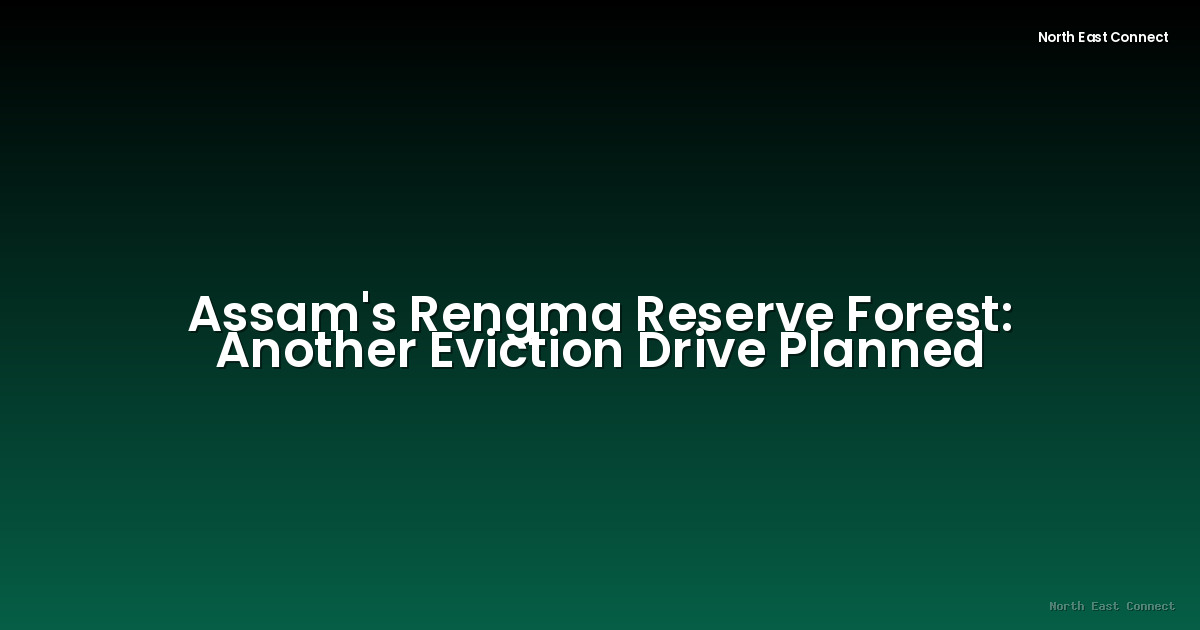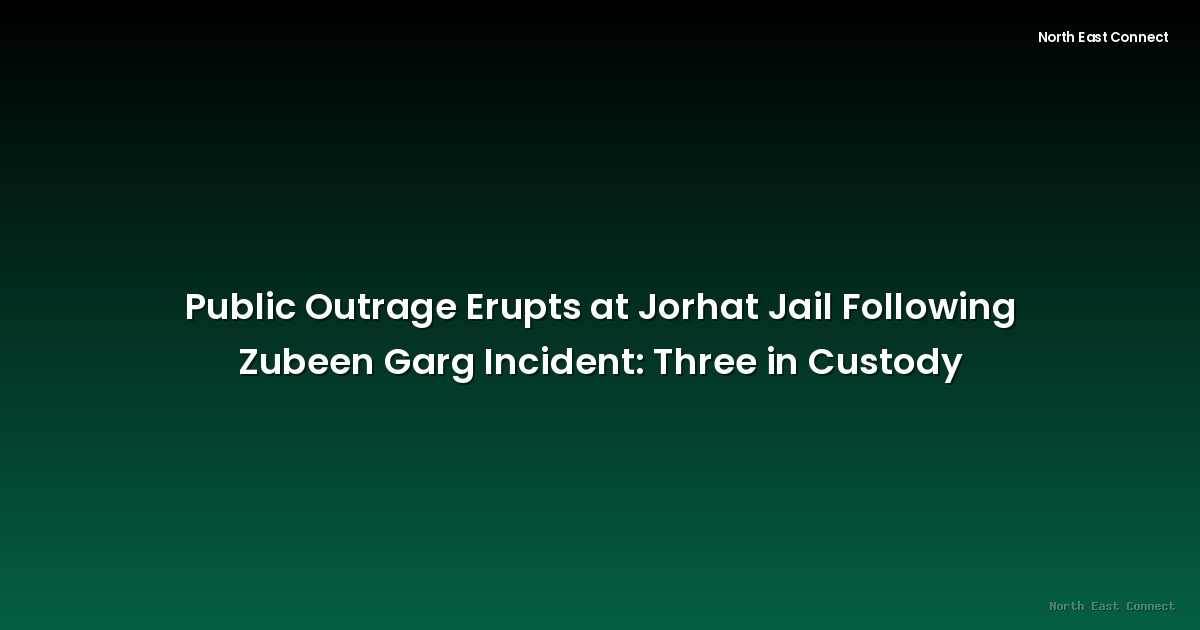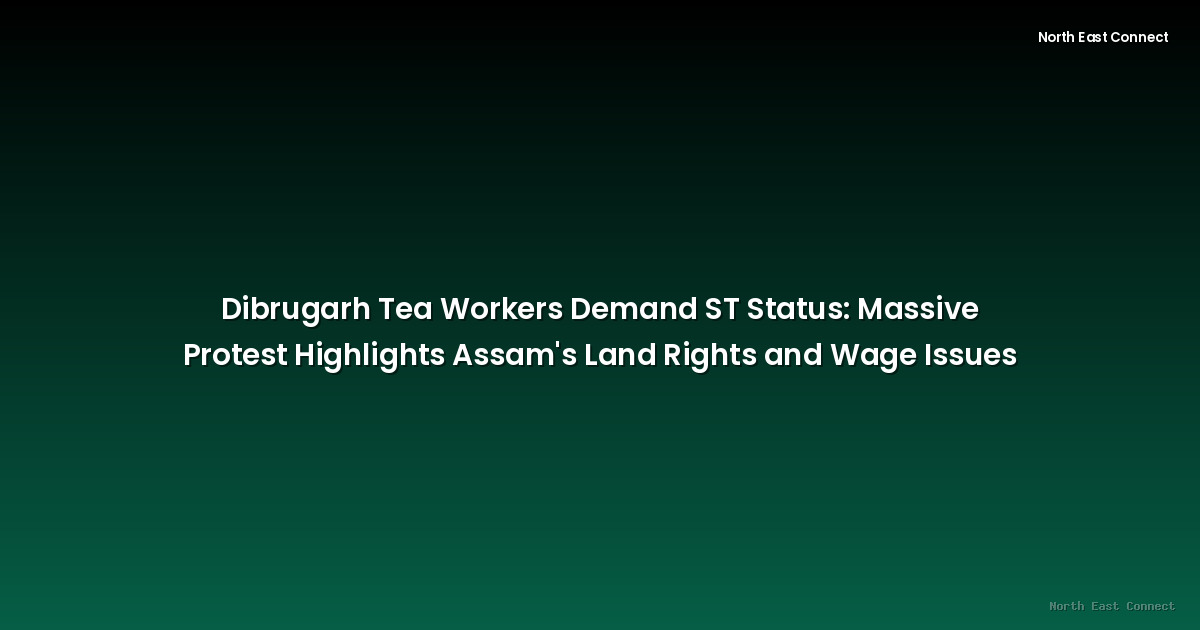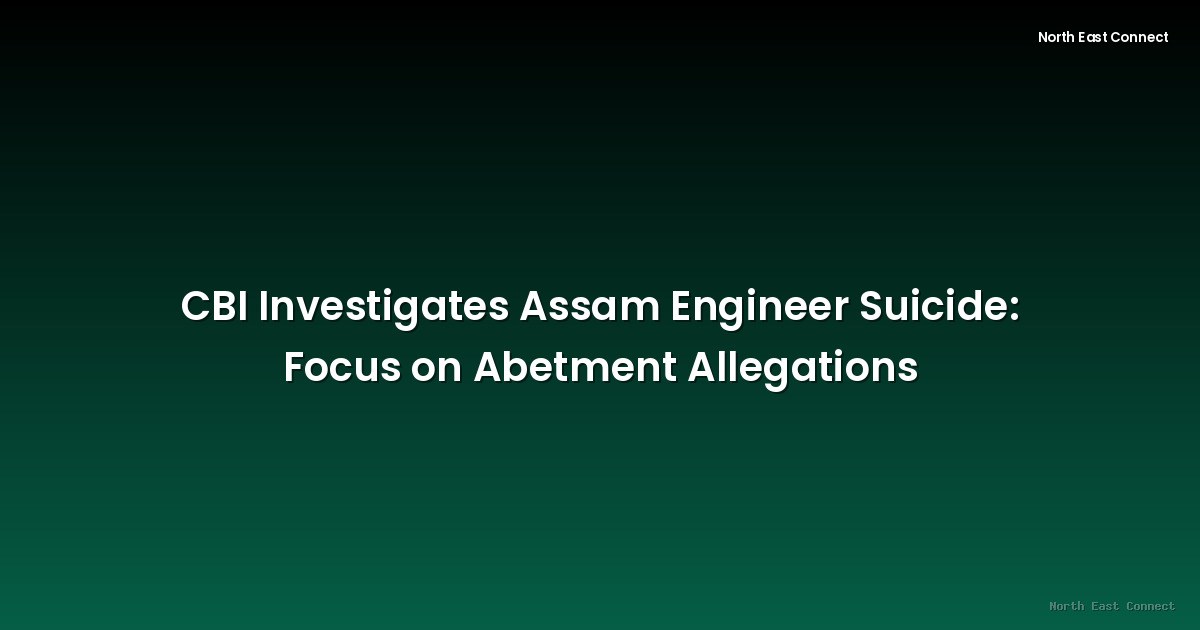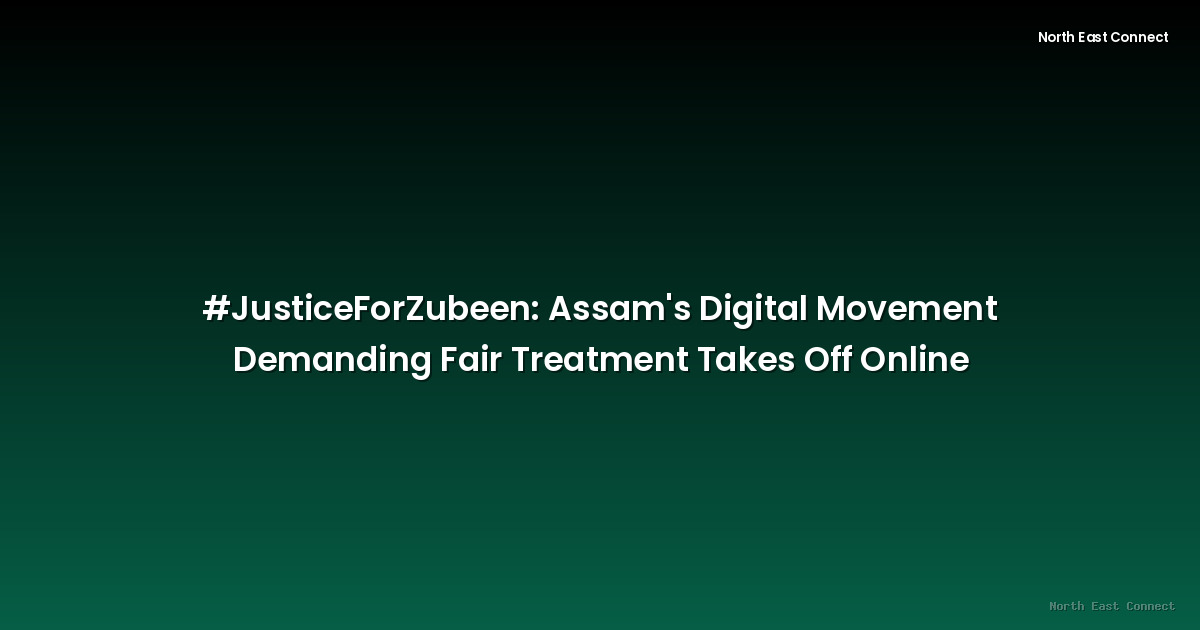2025-08-18 · News
The Assam government is set to launch another eviction drive in the Rengma Reserve Forest. This planned operation follows previous clearance efforts aimed at reclaiming encroached forest land. While official details regarding the scale and timing of the upcoming drive remain limited, the announcement has reignited discussions about the complex socio-economic dynamics of the region and the impact on the affected communities.
The Rengma Reserve Forest, a significant ecological area, supporting diverse flora and fauna. However, the forest has been subject to encroachment for decades, resulting in a delicate balance between conservation efforts and the livelihoods of people residing within or near the forest boundaries. Past eviction drives have generated considerable controversy, with concerns raised about the displacement of families and the lack of adequate resettlement plans.
The government's rationale for these evictions centers on protecting the ecological integrity of the reserve forest and ensuring its long-term sustainability. They argue that encroachment poses a significant threat to the forest's biodiversity and contributes to deforestation. The authorities likely highlight the need to preserve the forest for future generations and the crucial role it plays in maintaining the region's ecological balance. However, critics contend that the evictions are carried out without sufficient consideration for the human cost and lack a comprehensive strategy for rehabilitation and alternative livelihoods for those affected.
The planned eviction drive raises several important questions. What provisions are in place to ensure the humane treatment and resettlement of displaced families? Are there alternative livelihood schemes available to support those who rely on the forest for their subsistence? What measures are being implemented to prevent future encroachment and ensure the sustainable management of the forest resources? These questions highlight the need for transparent communication and collaboration between the government, local communities, and environmental organizations.
The success of the eviction drive will depend heavily on the approach taken. A forceful approach, without adequate planning for resettlement and rehabilitation, is likely to lead to further social unrest and may not effectively address the root causes of encroachment. A more collaborative approach, involving community participation in forest management and the development of sustainable livelihood options, could be more sustainable and effective in the long run. This might include the implementation of community-based conservation programs, providing training opportunities, and establishing alternative income-generating activities.
The upcoming eviction drive underscores the ongoing challenges in balancing conservation efforts with the needs of local communities in Assam. Finding a solution that respects both ecological integrity and human well-being requires a comprehensive and sensitive approach that prioritizes dialogue, collaboration, and sustainable development. The government's actions and the response from the affected communities will be closely watched in the coming weeks and months.

